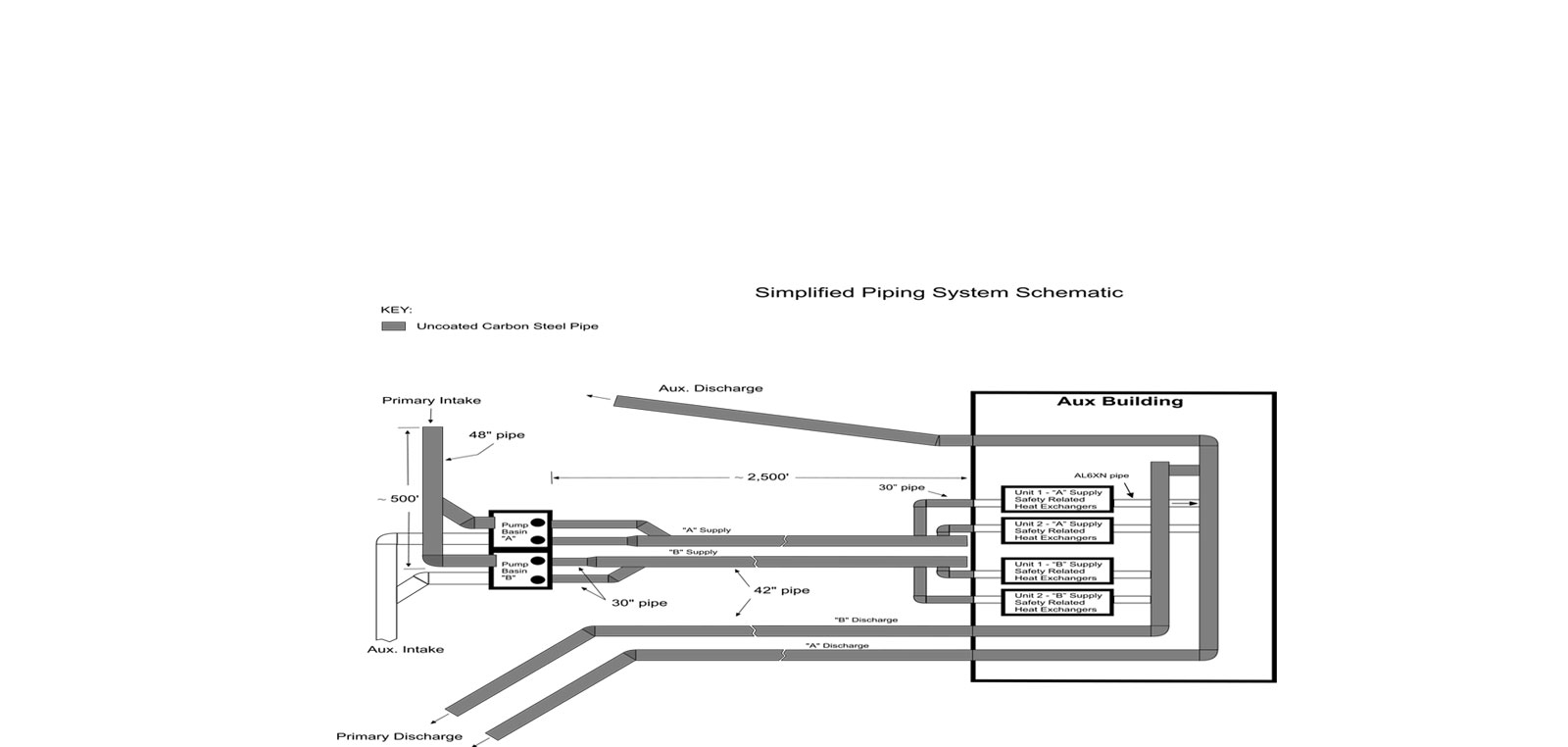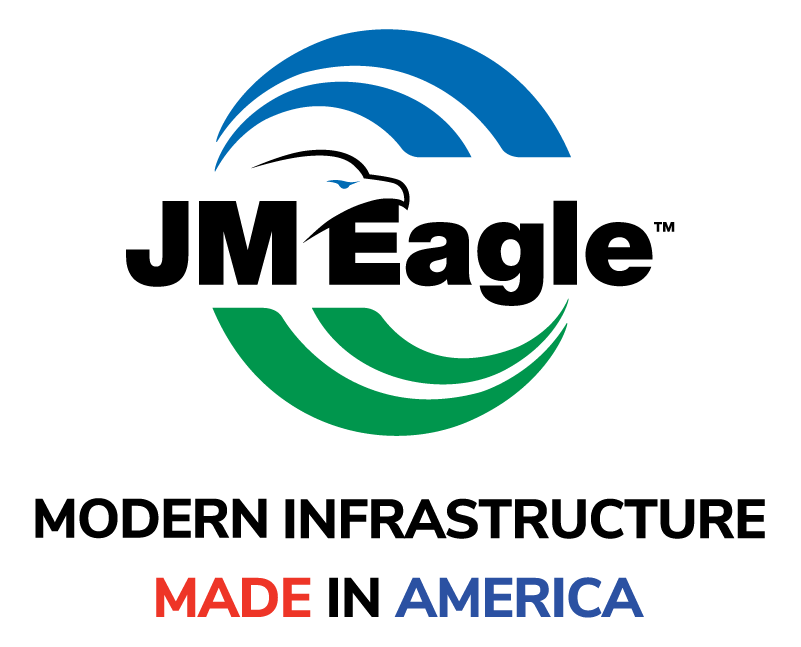
Collaboration could close urban/ag water gap, study shows
As COVID-19 continues to roil Colorado and the world, experts are suggesting that the pandemic may teach all of us to work together better. If that’s the case, then a collaborative water system for the Front Range may be a harbinger of things to come, according to a new study.
Released March 10, just days after Colorado reported its first cases of COVID-19, the study indicates that if Front Range cities band together to build a large-scale water reuse and delivery system, water sufficient to serve 100,000 homes could be developed.
It would rely on moving water between cities and farms, building new pipelines, as well as storing water underground and in off-channel reservoirs, and could be done without tapping new sources on the West Slope.
Such a project, if built, would cost $3.2 billion to $4.4 billion, according to the study, a price that is in line with other water delivery systems now being developed.
That cost includes 50 years of operations and maintenance and assumes the water would likely need to be heavily treated.
The study comes as the Front Range faces the most acute water shortages in the state, with a gap between water supply and demand for municipal and industrial users of as much as 540,000 acre-feet projected by 2050, according to a recent analysis by the state. Farmers could face a gap nearly twice that large, particularly in dry years.
Read more here: https://www.journal-advocate.com/2020/04/07/collaboration-could-close-ur...
